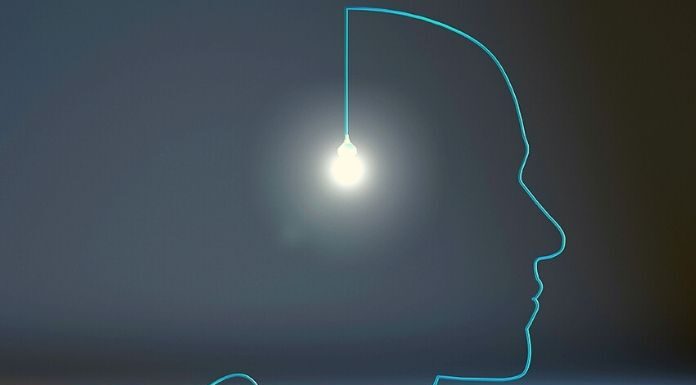The Corona crisis has become an innovation accelerator in digitization – human and artificial intelligence will work more closely together. Companies must also ask themselves: what does human-oriented digitization look like for us? Humans, humanoid robots, and artificial intelligence (AI) are moving towards each other at an impressive pace.
What research, science, and practice tell us about this is breathtaking. The technology is developing many times faster than conventional organizations that act linearly and aim to improve existing ones. Digital technologies, on the other hand, invent completely new things, build on each other exponentially and network with each other.
Digitization Leads To More Speed
This development requires thinking and acting at new speeds. Linear is like adding. Exponential, on the other hand, is like multiplying. And that, in turn, means: first slowly, then suddenly very quickly. Never again will change progress as leisurely as it does today because every technological improvement means that the following improvement can be achieved more quickly. Quantum computers will top the pace again. They’re like speed. They will lead us to technological leaps of unprecedented proportions.
The Future Doesn’t Happen: We Make It
Together we are, therefore, on the way to a time in which many things will be different than ever before. Together we are also responsible for ensuring that this path is a good one: for people’s everyday lives, for our own company, for the economy as a whole, for global society – and our home planet. This is not about digitization per se because digitization is not an end in itself. It serves a “what for.” It should make people’s lives better, work more efficiently and companies more successful. This requires a suitable organizational structure – and an agile corporate culture.
Digital expertise can be purchased. On the other hand, adaptability and speed of implementation can only be developed from within. This requires a renewal of the internal structures and an advancement of the interpersonal relationship work because the concept is always linked to the social. “A naive glorification of technology without a human orientation and social responsibility is a danger,” affirms digital visionary Winfried Felser, operator of the Competence Site.
Will Artificial Intelligence Take Away Our Work?
Such tendentious studies, which are also wrongly designed and guided by personal goals, should better be left alone. They only scare people. Vigilance is appropriate when entering new territory, but pure fear is a bad companion because it blocks. For the courageous, the future offers above all opportunities. Therefore, instead of dwelling on vague horror visions, we should better deal with what human-machine cooperation can look like for the benefit of all.
Of course, new territory is an uncertain thing. That was already the case when people settled down. At the time, professional pessimists indeed warned of collective starvation. But lo and behold: moving closer together made civilization and thus cooperation on a large scale possible in the first place. “The Stone Age did not end because people ran out of stones, but because they turned to new technologies,” the archeologists state.
How AI Can Be Made A Colleague And A Team Member
AI & Co. can bring about profound positive changes in many areas. Therefore, a good relationship between man and the thinking machine is elementary. When the two work together profitably and become pretty much best friends, as a tandem, they are superior to either man alone or machine alone. The key questions are therefore these:
- What can AI do better than humans?
- What can humans do better than AI?
- What new services can people achieve with the support of AI?
- When do we leave the work entirely to the AI - and when do we intervene?
- How can it be possible to combine the best of both so that a perfect result emerges?
In this context, the management team must ensure that people are in charge and that humanity in the company has the upper hand. The technologies used must serve the well-being of employees and customers. Data knows no morals. Morality must come from the people. The idea of profit does not justify every means. And not everything that can be done should be done. Companies are transformed by technology but defined by their humanity – both in the future more than ever before.
AI And Co: Threat Or Friend And Helper
Self-learning software programs cannot only become more intelligent on their own, but they have also been creative for a long time. Some are already beginning to look for fields of activity autonomously because reward programs have been implanted in them. You teach yourself something. They can write stories, compose symphonies, create their works of art, interpret emotions, and seem to show compassion.
When they form groups, they develop swarm intelligence. AI can program itself and replicate itself, i.e., independently give birth to new intelligence. It does not emulate human intelligence but goes its way, some of which the developers don’t even understand today, because AI continues to learn independently, worrying when it goes in the wrong direction.
Conclusion
Intuition, imagination, ethics, values, morals: Technology per se does not know any of this. But she can and will learn a lot from us. It takes over the good and the bad in us. Anyone who develops a powerful technology always triggers a race between good and evil. In the hands of the wrong, it is the devil’s stuff. Therefore, AI urgently needs an ethical framework – and AI security for all of us.
Also Read: HOW DATA MINING HELPS COMPANIES IN DECISION-MAKING PROCESSES


